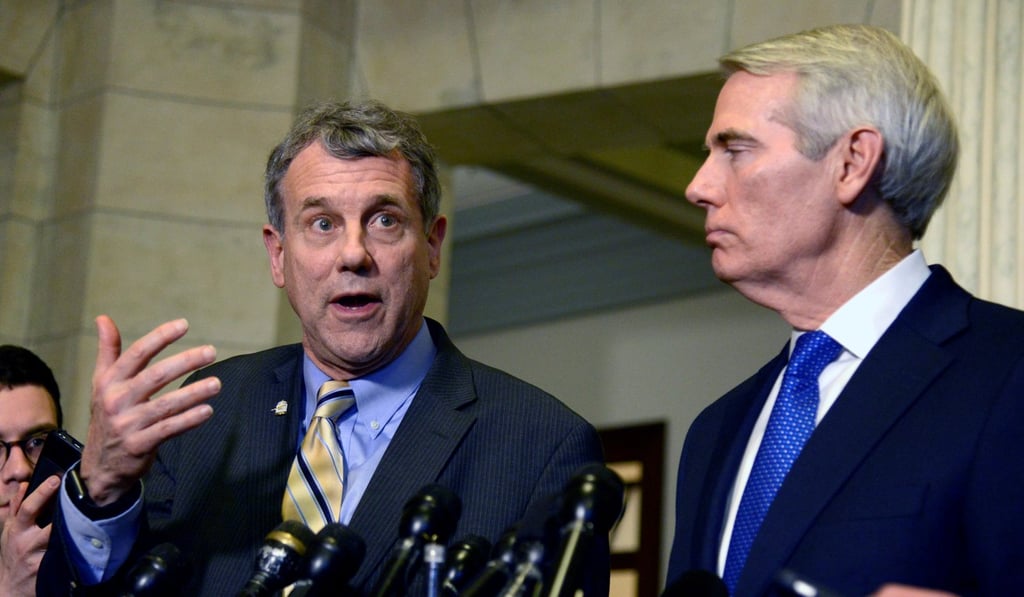FBI and US Senate raise alarm over China’s recruitment of US scientists
- Beijing’s hallmark ‘Thousand Talents Programme’ has recruited 7,000 top US international scientists, engineers and entrepreneurs since 2008.
- ‘Shadow labs’ in China use and patent American scientific advances before they are made public, a US subcommittee says

The Federal Bureau of Investigation has deployed counter-intelligence agents in all 56 US field offices and centralised efforts to thwart China’s aggressive theft of strategic secrets and its recruitment of American scientists, according to Senate testimony on Tuesday.
“Technology is the key to military and economic power,” John Brown, assistant director of the FBI’s counter-intelligence division, told the US Senate’s Homeland Security and Government Affairs Permanent Subcommittee on Investigations.
“Time and again the Communist Party has shown that it will do whatever is necessary” to supplant the US as a global superpower, he added.
Tuesday’s hearing highlighted a fundamental debate echoing across Washington and beyond as the US weighs the relative benefits of open scientific exchange: the need to defend its intellectual property from a rapidly rising China; the risk of racially profiling Chinese scholars and scientists as the US works to safeguard American secrets; and deep distrust of China’s state-led economic model.

Members of the subcommittee led by Rob Portman, its Republican chairman from Ohio, said China has over 200 programmes set up to recruit and co-opt US scientists and divert technology.